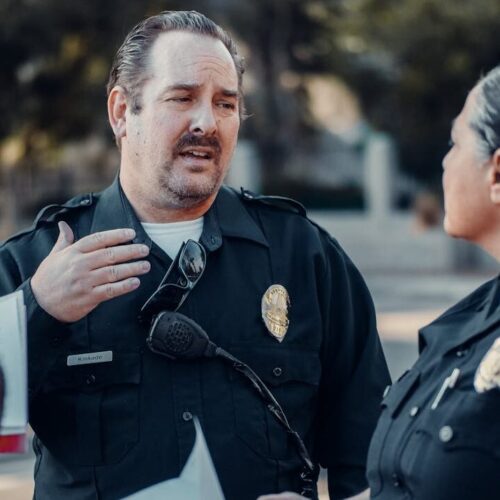Information Sharing in Criminal Justice-Mental Health Collaborations: Working with HIPAA and Other Privacy Laws
This report from the Council of State Governments Justice Center's Criminal Justice/Mental Health Consensus Project is intended to help criminal justice officials work with health professionals to better use both systems' information, when appropriate, to reduce criminal justice involvement among people with mental illnesses and to provide better links to treatment. Supported by the U.S. Department of Justice's Bureau of Justice Assistance, the guide explains the federal legal framework and how it relates to state laws. It describes how HIPAA and 42 CFR Part 2 (privacy regulations related to substance use treatment) may affect exchanges among behavioral health care; law enforcement; courts; jails and prisons; and probation and parole professionals. It reviews the circumstances under which protected health information can be released and received, and offers answers to scenario-based frequently asked questions. The guide was developed through advice from practitioners throughout the criminal justice and mental health systems, including program examples from members of the National Association of Counties.
The sharp rise in school shootings over the past 25 years has led school officials across the U.S.…
Read MoreA three-digit crisis line, 988, launched two years ago to supplement—not necessarily replace—911. Calling 988 simplifies access to…
Read More Taking the HEAT Out of Campus Crises: A Proactive Approach to College Safety
Taking the HEAT Out of Campus Crises: A Proactive Approach to College Safety
The sharp rise in school shootings over the past 25 years has led school officials across the U.S. to take a closer look at ways to keep students safe. For Chaffey College in Rancho Cucamonga, California, a tragic incident at a nearby university hit close to home and spurred campus leaders to revisit their own school’s threat assessments and crisis responses.
Read More From 911 to 988: Salt Lake City’s Innovative Dispatch Diversion Program Gives More Crisis Options
From 911 to 988: Salt Lake City’s Innovative Dispatch Diversion Program Gives More Crisis Options
A three-digit crisis line, 988, launched two years ago to supplement—not necessarily replace—911. Calling 988 simplifies access to services when people are seeking help for themselves or loved ones with suicidal thoughts, behavioral health concerns, or substance use-related crises.
Read More Matching Care to Need: 5 Facts on How to Improve Behavioral Health Crisis Response
Matching Care to Need: 5 Facts on How to Improve Behavioral Health Crisis Response
It would hardly be controversial to expect an ambulance to arrive if someone called 911 for a physical health emergency. And yet, for years, the default responders for a behavioral health emergency have been law enforcement officers, not behavioral health professionals.
Read More












